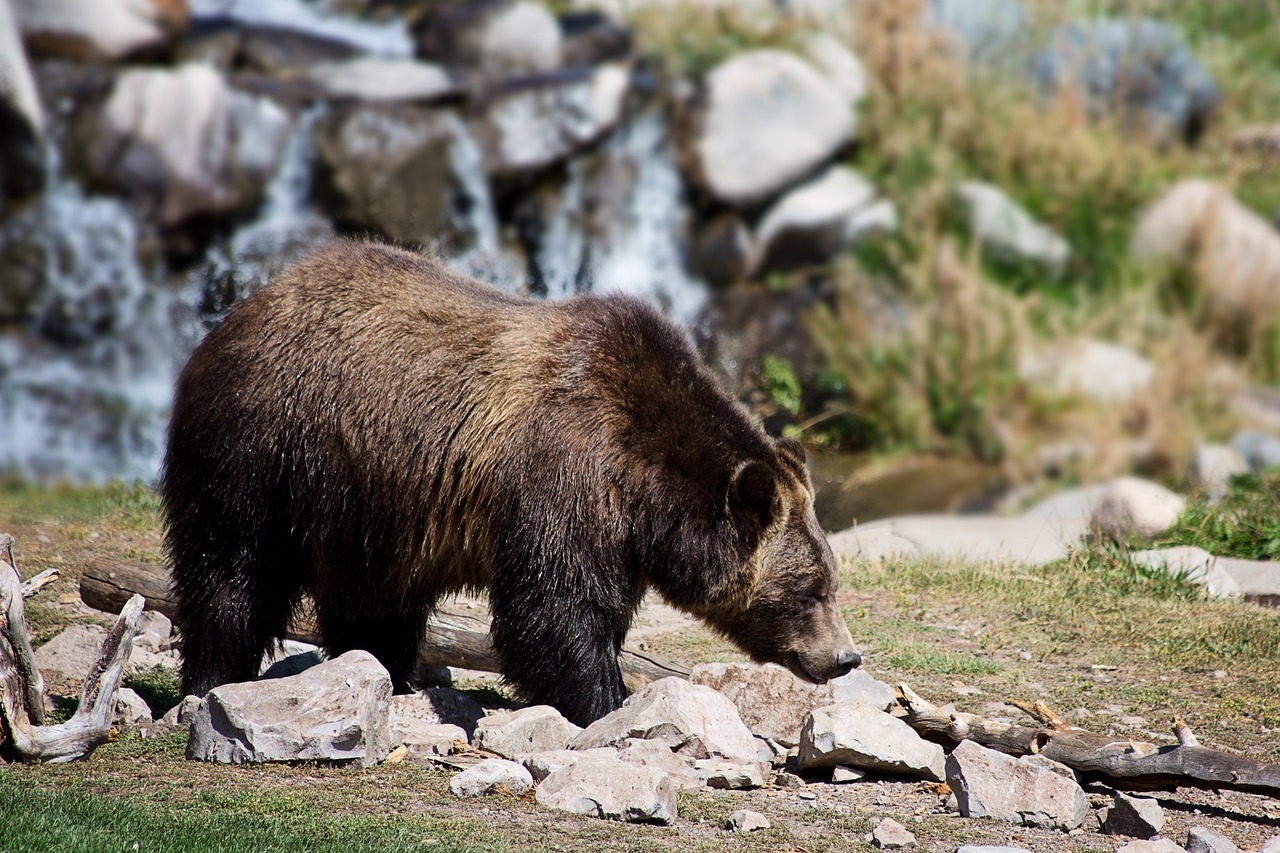U.S. Fish and Wildlife Service Proposes Update to Grizzly Bear Listing and Management
Today in Washington D.C., the U.S. Fish and Wildlife Service announced that grizzly bears in the Greater Yellowstone Ecosystem will remain federally listed as threatened under the Endangered Species Act. At the same time, the agency announced its intent to increase management flexibility and empower state wildlife agencies to better address human safety and livestock depredation.
“The reality is that grizzly bears are increasing in population and expanding in range well beyond original recovery targets,” said Lesli Allison, Chief Executive Officer of the Western Landowners Alliance (WLA). “While grizzly bear recovery is widely celebrated as a success, the moving goalposts for delisting are a source of deep frustration for many in the region. People who live and work in recovery areas continue to experience increasing conflicts, safety concerns and disproportionate economic costs. It is imperative that state wildlife agencies, communities and landowners have both the flexibility as well as the tools and financial resources to manage this growing population and these challenges.”
Erik Kalsta, WLA’s Working Wild Challenge Director and a sheep and cattle producer in Montana’s Big Hole Valley knows what it means to ranch in grizzly territory. “It’s important that producers have the resources to be able to address the challenges of sharing space with these species. Keeping these private lands intact is essential for a whole host of things: food, fiber, habitat for wildlife and vibrance of rural communities,” said Kalsta. “Together compensation, conflict prevention, selective lethal control and collaboration provide the solutions to reducing conflicts that can really affect a producer’s bottom line.”
Otherwise known as the 4 C’s, these solutions are broadly supported by livestock producers and conflict reduction experts and are seen as offering a path forward to supporting the viability of both working lands and grizzly bear habitat.
Increasingly, working lands that previously provided space for many wildlife species are being converted to subdivisions for development, encroaching upon bear habitat and leading to loss of habitat and increased conflicts.
“We’re losing ground—literally—and will continue to do so until we change our fundamental approach to conservation,” said Allison. “If we want long-term success, we need solutions that work for both people and wildlife. Things like support for nonlethal conflict prevention practices, habitat leases and fair compensation for losses are needed to alleviate the economic toll on producers in large carnivore recovery areas, enabling them to keep these lands and habitats intact.”
Addressing grizzly bear expansion and management requires a multifaceted approach that balances ecological needs, community interests and scientific research.
“Collaboration is an important piece of the puzzle here,” said Matt Collins, WLA’s Working Wild Challenge Manager. “Whether it be communication between agencies, with landowners or bear advocacy groups, maintaining working relationships and important partnerships between parties is key to finding shared wins in any phase of management.” The Conflict Reduction Consortium (CRC) and the Montana CRC—working groups facilitated by WLA—are working to do just this: provide a space for conversations and collective actions to support shared wins.
WLA works with landowners, agencies and partners to support the economic viability of working lands that provide space for this species and to reduce grizzly bear-livestock conflicts. Information and resources for reducing conflicts with large carnivores are available at https://westernlandowners.org/working-wild-challenge/.
Join WLA to stay up to date on the most important news and policy for land stewards.
Become a member for free today and we will send you the news and policy developments critical to the economic and ecological health of working lands.
WLA works on behalf of landowners and practitioners throughout the West. We will never share your contact information with anyone.
©2026 Western Landowners Alliance • PO BOX 27798, Denver, CO 80227 • 505.466.1495
Western Landowners Alliance is a 501 (c)(3) non-profit recognized by the IRS.
Tax ID: 46-1346488
